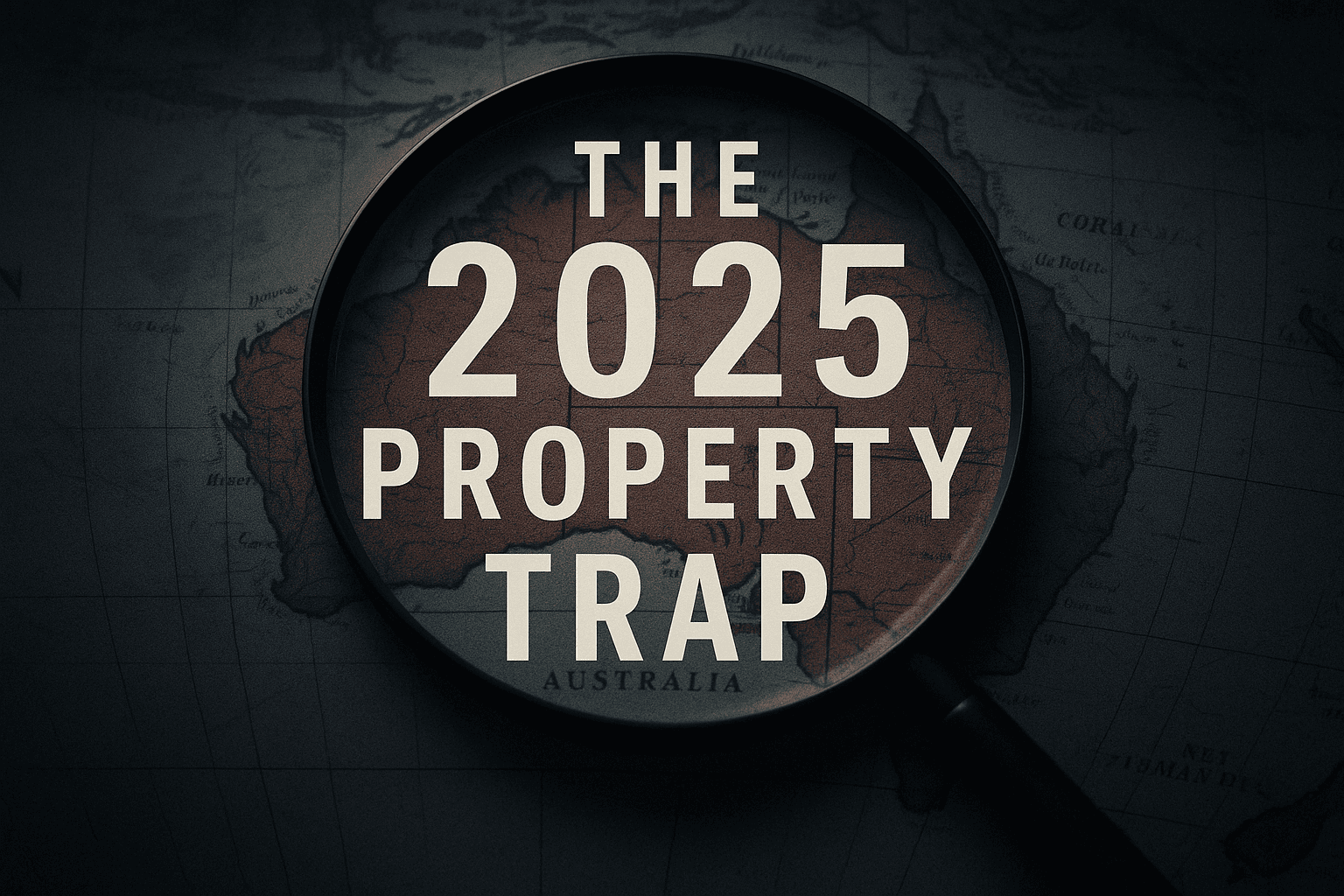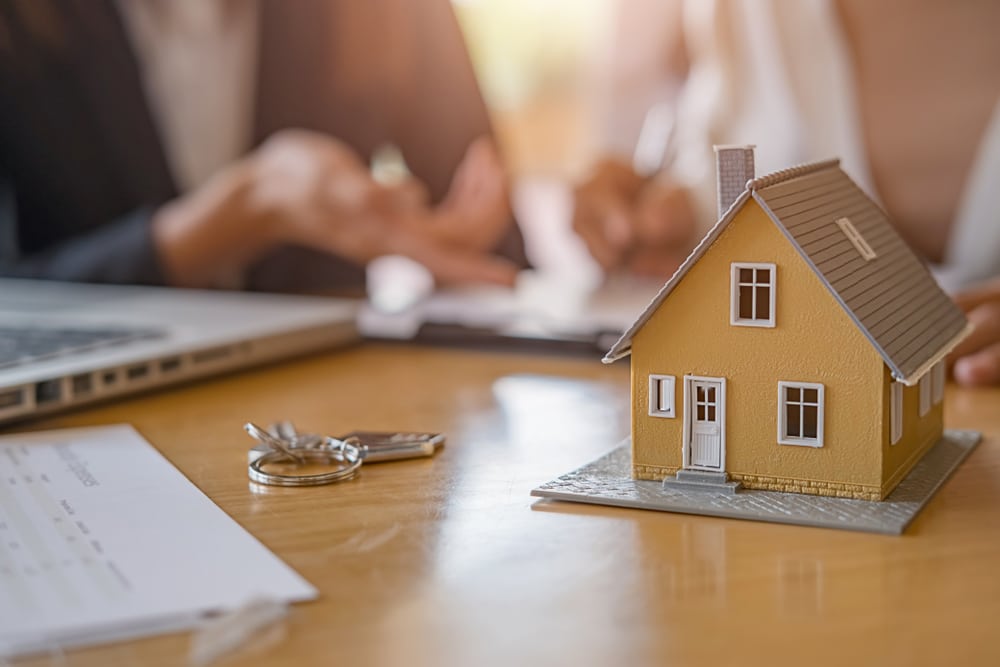Houses of Horror
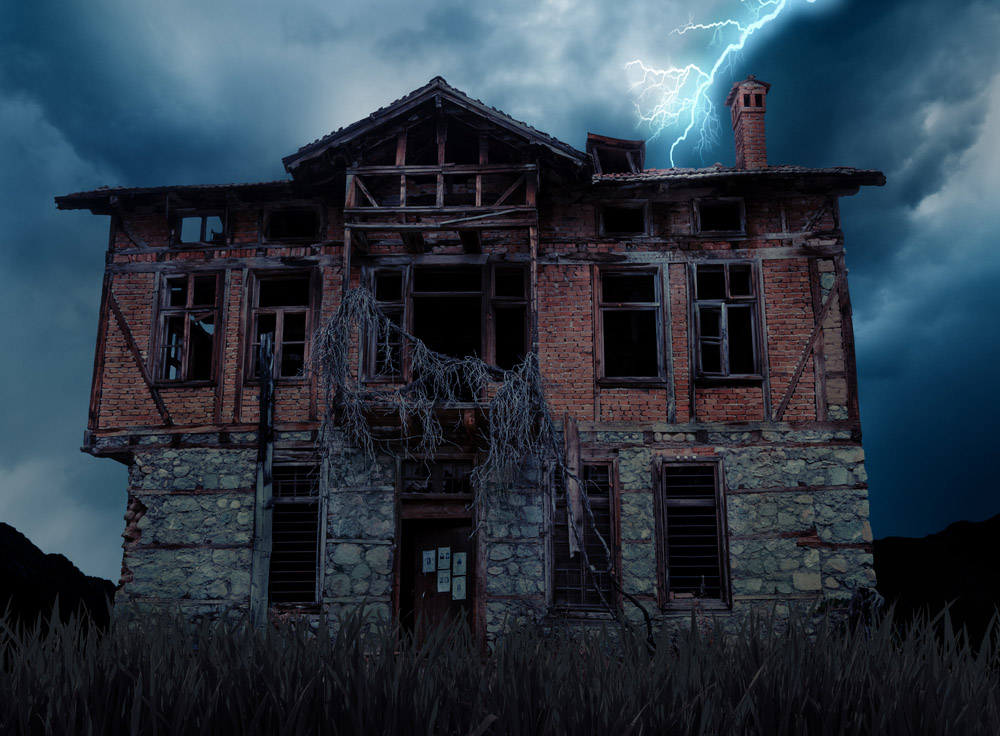
Consider, for example, the home at 6 Collins Street, North Ryde in New South Wales.
The former home of Sef Gonzales and his father, Teddy, mother Mary and sister Clodine was the subject of litigation in 2005 after a Buddhist couple – prospective buyers – learned of Sef’s brutal attack on his family.
The result of said litigation led to fines being levied against the agent for not disclosing the home’s history (reputation) to their clients.
Another buyer – who was told of the murders – was able to snap up the property for $80,000 less than it was initially listed for.
Did the home’s reputation lead to a lower value?
It certainly seems to be the case as there is nothing to indicate any other reason for the loss in value.
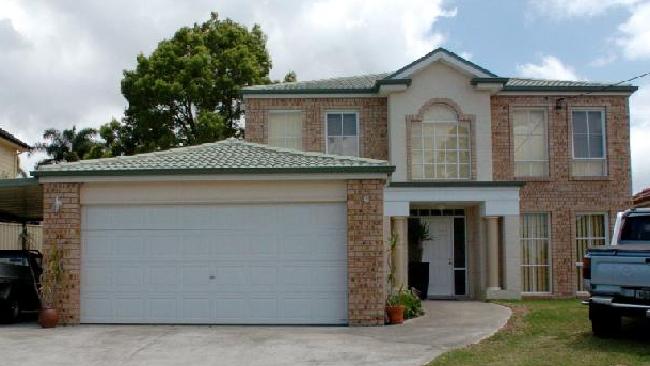
Property and Emotions
That said, there are situations where we do want to pay attention to the emotional side of real estate:
Selling
When we want to sell a home we do our best to appeal to the emotions of prospective buyers. We want them to fall in love with the home so we pay attention to aesthetics; pleasing colours, lighting, even smell can play a part in our sales strategy.
Buying
Another emotional situation we must consider is what could happen to our asset when purchasing a home that has a “reputation”.
Emotions and Property Values
Unfortunately, at least from a human perspective, business has been good.
The problem surrounding murder and/or suicide houses stems from individuals’ perception of the events that took place in them, not the property in and of itself.
Says Bell, “Stigma is intangible, but it’s very real. It’s been recorded over and over again. You can bulldoze the property, but the stigma attaches to the land.”
Bell maintains that a homicide in a home can extend the time it takes to sell by 3 months to 2 years and the price can be slashed by 15 to 25%.
Most individuals, however, understand if someone dies in a home due to natural causes. It’s the suicides and homicides that give people pause.
Add money and celebrity to the mix and you’ve got a big impact to a property’s worth according to Bell. Some examples:
- Nicole Brown Simpson’s family were unable to sell the home where she and O.J. lived for two years when it should have taken only two months. They also reduced the price by $70,000 to make the sale.
- The investor who rented out the Heaven’s Gate mansion (where 39 cult members took their own lives) had to return the home to the bank. The home was bulldozed by the new owners and a new home built in its place.
- The Jose and Kitty Menendez mansion, scene of their gruesome murders by sons, Lyle and Erik took more than 2 years to sell when similar homes were selling in 6 months to a year. It also sold 25% below market value at $3 million.
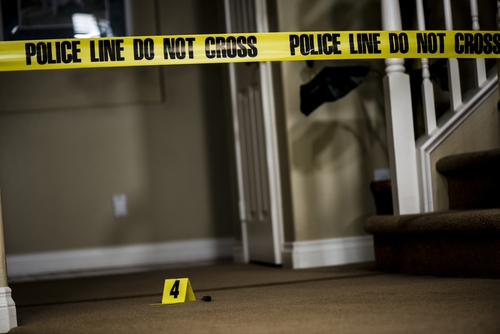
Dealing With The Stigma
It takes time.
According to Bell, it can take as many as five to seven years for the stigma to fade.
He advises owners of these unfortunate properties to rent them out and wait until memories of the events dim and then try to sell.
This can take longer in more rural locations, however in urban environments a good discount will often encourage a buyer to make an offer.
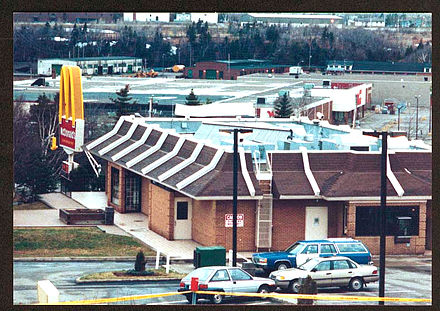
Finding Opportunity
It depends.
Know what you plan to do with the property. If you want to renovate and then flip the property you might be disappointed in your returns.
If, however, you plan to hold onto the property for some time, you are likely to make a profit if the market is good and a good bit of time has passed since the incident took place.
While you very likely can make a profit when purchasing a “house of horrors”, you can also sometimes profit as a seller too.
For example, the apartment house where famed cannibalistic killer Jeffrey Dahmer ended the lives of 17 men and boys was purchased for a premium price. A redevelopment group had to revitalise the neighbourhood, so they purchased the property and tore it down.
“That’s an example where someone profited from a horrible crime scene,” said Bell. “That’s the exception to the rule, but it can happen. It did happen.”

Take the Next Step
The 2025 Property Trap: 5 Warning Signs Every Australian Investor Must Know
In 2025, Australia’s property market is filled with hype, confusion, and hidden risks. Before you buy, learn the 5 most common traps that can derail your investment goals—and how to avoid them like a pro.
Building a $100k Passive Income Stream Through Property: The ‘Property Stacking’ Method Explained
Discover how to build a $100K passive income stream through property using the proven Property Stacking Method. Learn the three core principles smart Australian investors are using to scale their portfolios faster — without financial stress.
Investment Property Financing – Comprehensive Guide 2023
You won’t get very far as an investor without...




